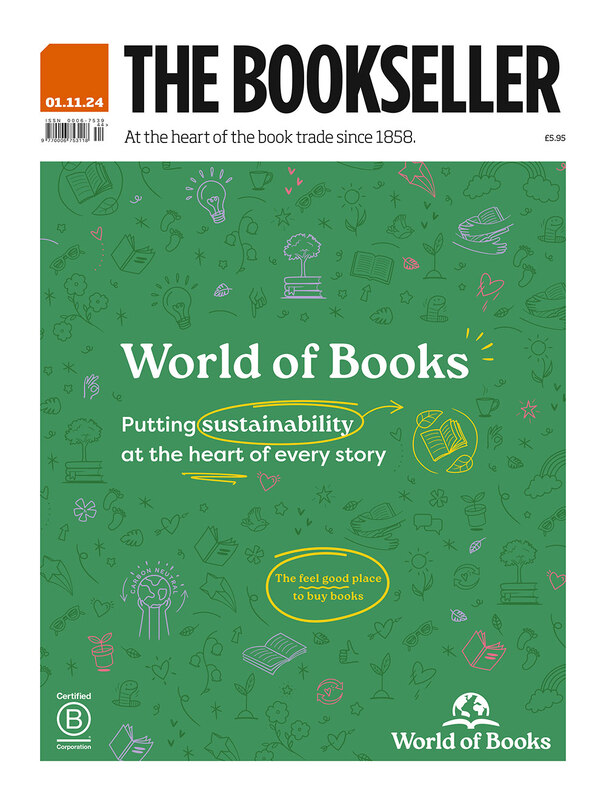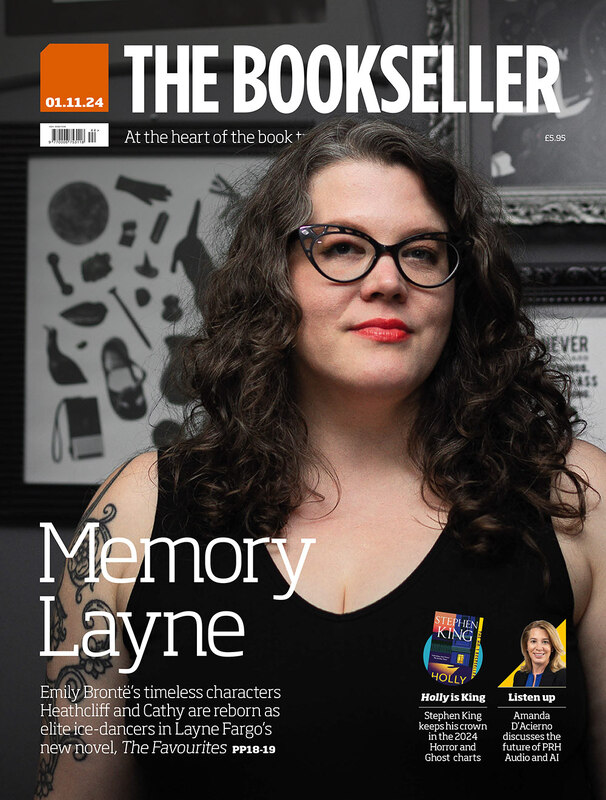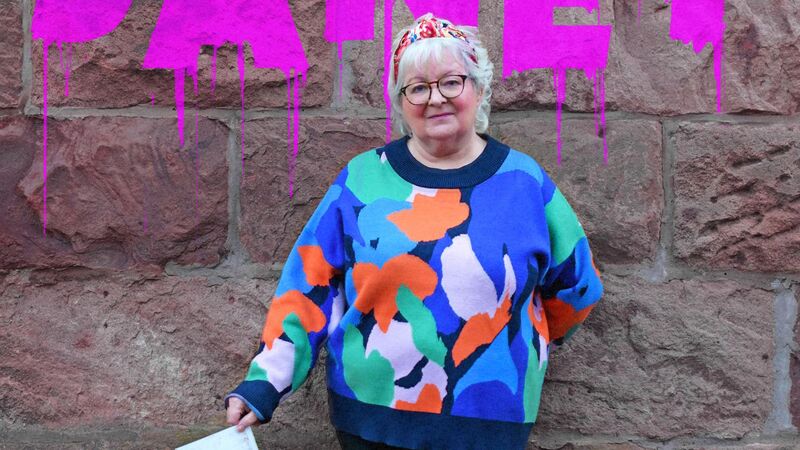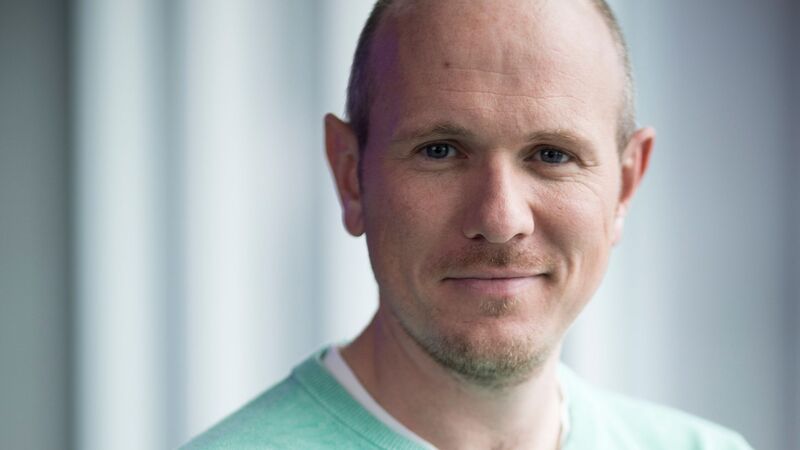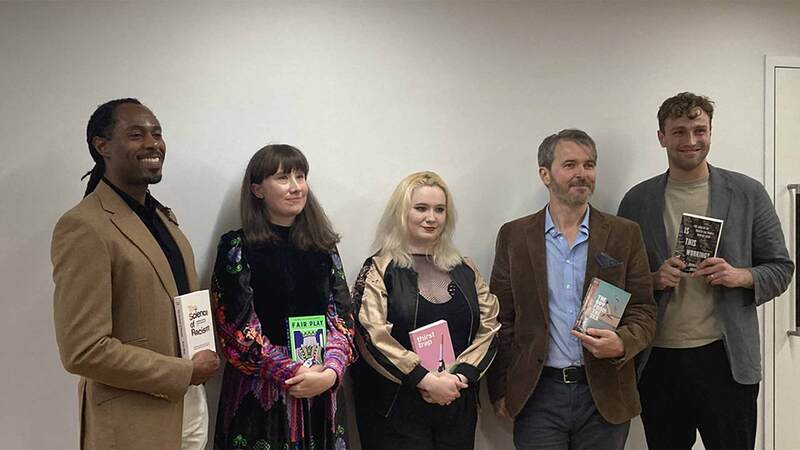You are viewing your 1 free article this month. Login to read more articles.
Carnegie report slammed for 'avoiding the truth on libraries'
Library campaigner and former boss of Waterstones Tim Coates has slammed the Carnegie UK Trust’s most recent report as "seriously avoiding the truth of what is happening in public libraries".
“Shining a Light”, was published earlier this month by the charitable trust presenting research into library usage collected over a five-year period from IPSOS Mori alongside policy recommendations. It found there had been slight increases in overall library usage in Northern Ireland, up from 40% in 2011 to 43% in 2016, and Wales, up slightly from 45% to 46%, while usage in England had dropped from 50% in 2011 to 46% in 2016. Ireland, meanwhile saw a decrease of one percentage point to 50% in 2016; and Scotland, saw the largest drop from 61% to 50%.The report also found that library usage among young people was up in Wales and Northern Ireland.
However, Coates has refuted the report, demanded it be withdrawn and called for “changes in the operation of the trust in respect of their future work on public libraries”. He claims the report fails to take into account all the evidence and does not emphasise certain pieces of data strongly enough.
Coates, currently an advising consultant to leading library vendors in the US, circulated his eight-page complaint to the trust, fellow libraries campaigner and former Faber & Faber director Desmond Clarke as well as The Bookseller. In it he argues that the Carnegie report avoids "important available evidence” including CIPFA annual figures and “three pieces of information that are contained in the research but wrongly described in the report”. Coates said the trust’s assertion that people need more personal service from libraries lacks evidence and claimed the evidence around only 6% of library usage being attributed to computers and 70-80% being dependent on available printing reading material is “not sufficiently emphasised”. Coates also said that the report did not outline strongly enough that the single improvement library users seek most is a better range of books.
Coates said: “My complaint is that the report 'Shining a Light' seriously avoids the truth of what is happening in public libraries. It omits evidence of long term decline it should have included. It fails to draw the right conclusions from data in the research it has carried out."
He claimed the research was interpreted incorrectly: “The report…avoids the factual evidence of the essential, continuous and destructive decline of use in public libraries in the UK. It draws conclusions without evidence; it fails to highlight key findings; it has not researched the views of lapsed users (which are the most important group of consumers in a time of decline) and it is misleading in its summary. It is too closely aligned with the management groups who operate public libraries and their policies, who have generally failed to stem the decline. It does not correctly identify the general view, need and opinion of the public and their desire for the benefit of public libraries.”
Coates says the emphasis on computer use and digital formats was incorrect and that the report offers “no diminution in the rate of decline [of library use] and [how] it is particular to the UK” as opposed to Australia and the US.
The Carnegie UK Trust, which aims to support public libraries by developing innovative policy and practice projects, told The Bookseller it was “surprised” by Coates’ criticism.
A spokesperson said: “We are surprised at the suggestion our report does not recognise the challenges that public libraries face. There is clear evidence from many sources on the pressures libraries are experiencing. Our report quotes the number of library closures and job losses reported since 2010 and the headline of the media release displayed on our website was ‘Call for action as new study reveals drop in frequency of library use.’ Our report also highlights positivity in the sector, particularly amongst certain age groups and in certain parts of the UK. This ensures it presents a balanced, comprehensive picture of how people use and perceive libraries. We have published a lengthy data booklet and five individual country fact sheets so that readers can draw different conclusions if they wish. To have omitted such considerations would have been equally disappointing to many innovators in the sector who are demonstrating that libraries have a place in modern society.”
The spokesperson added: “This complaint will be given proper scrutiny and a response sent to Mr. Coates once it is complete.”
“Shining a Light” report interviewed 10,000 people across 2011 and 2016 to gather data.
The report is a sample survey rather than the annual CIPFA figures which report library performance and usage for almost every authority as provided by councils. The Carnegie UK Trust report covers data from the UK and Ireland, while the Chartered Institute of Public Finance and Accountancy (CIPFA) figures cover England, Scotland and Wales. The last report from CIPFA, published in December, revealed 67 libraries had closed in Great Britain last year with funding slashed by £25m.

